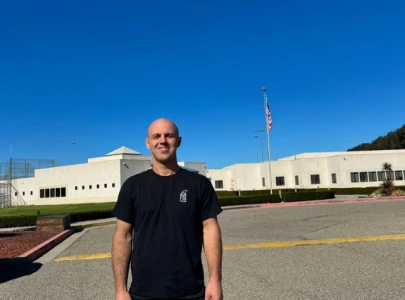
Investment in primary education has always been given low priority. Pakistan has fallen behind countries with far less in natural resources because our policies have always favoured a small elite at the expense of the masses.
This bias in development policies is the continuation of colonial political, administrative and economic structures post-independence. These hierarchical structures were single-mindedly designed for efficient extraction of revenues from the colonies. Efficient command and control from top-down was built into them, but representation and participation of the public in the government was not. These structures were manned by personnel, educated to be “Indian in blood and colour, but English in taste, opinions, morals and intellect.” It would have been impossible for the 1,000-odd Englishmen in the Indian Civil Service to govern India without co-opting a sizable number of natives into sharing the burden of ruling and taxing the populace.
After a brief interlude of sincere leadership, reins of the nation fell into the hands of political parties who found themselves at the head of an efficient machine for the extraction of revenues. Our educational system continues the colonial policies of creating love and affinity for the west, and contempt for our heritage and the “Urdu-medium” native populace. Thus the English educated elite class in power had no difficulty continuing these colonial policies and exploiting fellow countrymen for self-enrichment. To this day, politics in Pakistan is largely about sharing revenues generated by ruling Pakistan, rather than about providing growth and services to the populace. The idea of a government of the people, by the people and for the people remains a distant dream.
How can we act to bring this dream closer to realisation? Unfortunately, both domestic and foreign experts in economic development continue to repeat the same old mantras for salvation which have been tried and found wanting for over 50 years. The time is more than ripe for fresh, out-of-the box thinking.
Failure of conventional economic policies has led many planners, like Mahbubul Haq, to rediscover the obvious — “that human beings are both the means and ends of development.” Investing in our population, enabling them to participate in the process of growth is far more effective than policies related to trade, taxes, privatisation, liberalisation and the whole economic toolkit of the IMF and the World Bank. The most serious obstacle is that this would substantially disturb existing power structures. Mahathir Mohammad overcame class conflicts in Malaysia by convincing conflicting interest groups that all stood to gain by pulling together. They agreed to a smaller share of the pie, because they saw that the pie itself would grow much larger. A similar social compact is needed in Pakistan. If instead of fighting each other for a bigger share of the dwindling pie, we cooperate, Pakistan has natural resources far beyond those available to other countries with similar developmental status. The path forward lies in educating people and providing them with resources. This involves a reversal of current priorities: instead of achieving growth to feed the poor, we need to feed the poor to achieve growth.
Published in The Express Tribune, October 17th, 2010.


1725612926-0/Tribune-Pic-(8)1725612926-0-165x106.webp)









COMMENTS (5)
Comments are moderated and generally will be posted if they are on-topic and not abusive.
For more information, please see our Comments FAQ